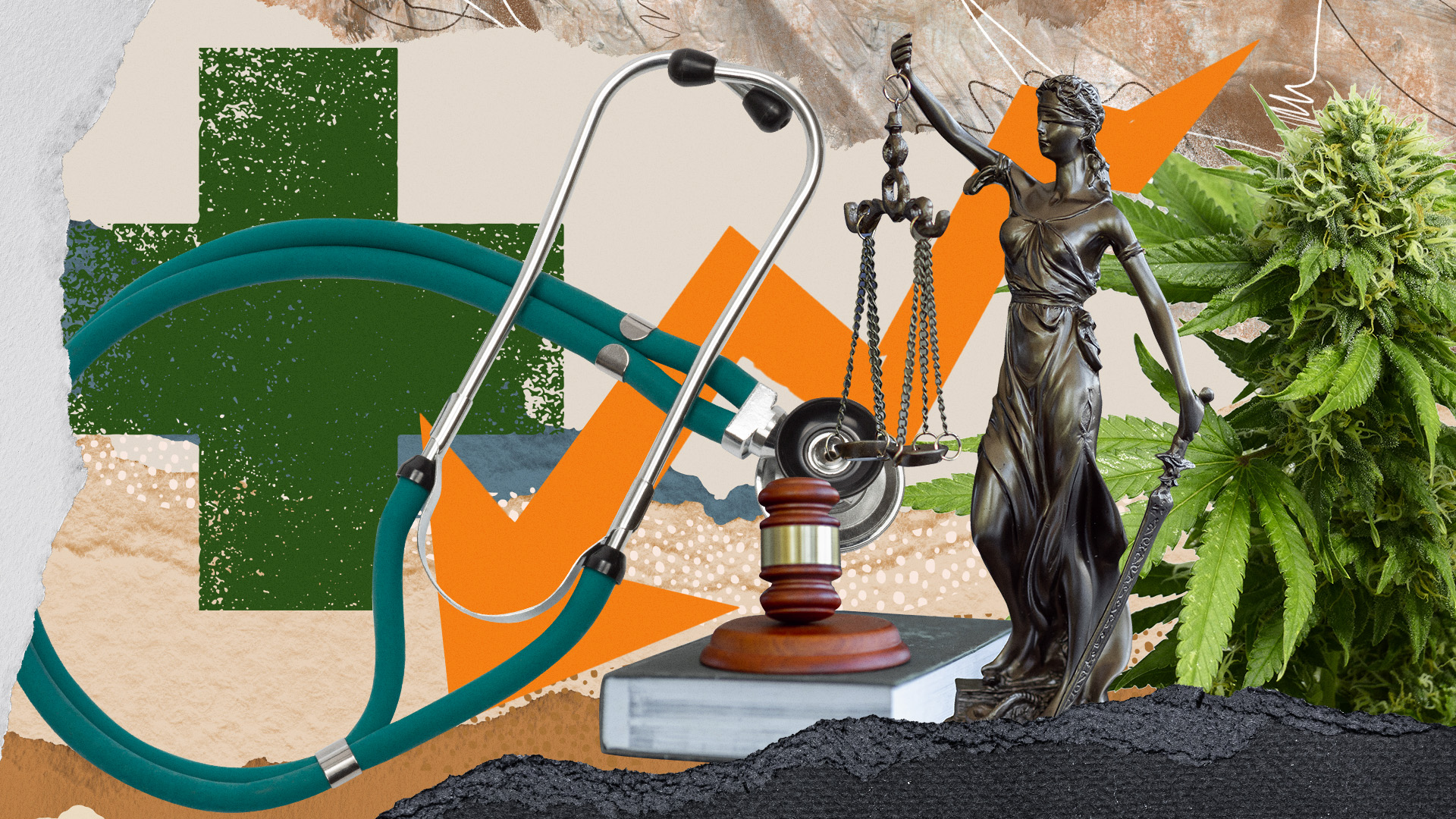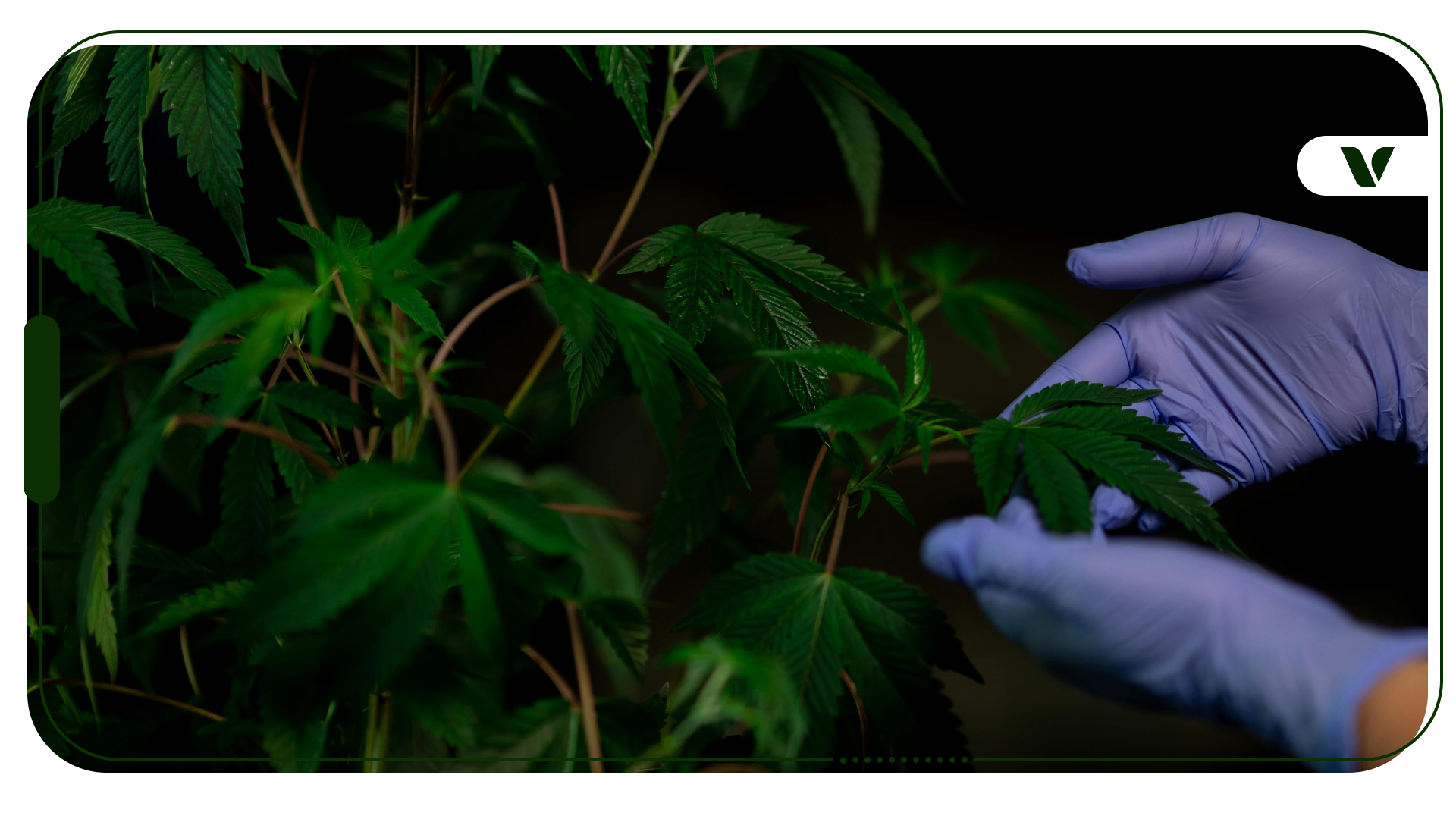A new study, backed by federal funding, has shed light on how often people seek treatment for problems related to using too much cannabis, known as cannabis use disorders (CUD). In this article, we’ll explore why there’s been a drop in people seeking help for CUD, looking into various factors that might explain the decrease. This finding opens up a lot of questions about how the legalization of cannabis affects behavior and public health.
The Decline of CUD Treatment in Legal States
The research published in the esteemed journal, Drug and Alcohol Dependence, looked closely at how the number of people getting help for CUD has changed from 2002 to 2019 across the United States. It found that, overall, fewer people are seeking treatment for issues with cannabis use. However, this decrease was more pronounced in states where cannabis became legal. To get their information, researchers used data from the National Survey on Drug Use and Health, an annual survey that asks people across the country about their health and habits, including drug use.
What Factors Influenced the Decline?
Several reasons might explain why fewer people are looking for help with CUD in states where cannabis is legal. One major factor is the decrease in the number of people sent to treatment by the legal system. Research indicates that cannabis regulations have led to a 14% decrease in the number of people seeking treatment for cannabis use across the general population.
Before, when cannabis was illegal in more places, getting caught with it could often lead to being required to go to court-ordered treatment. Now, with cannabis legal in many states, there are fewer of these legal orders pushing people into treatment. Additionally, how we define and recognize cannabis use disorders has changed over time. As our understanding of what constitutes a disorder evolves, so does how we identify and seek treatment.
How Has Cannabis Legalization Impacted Treatment Rates?
The study also looked at how different types of marijuana laws impact the number of people getting treatment for CUD. It found a noticeable difference between states that have medical cannabis laws (MCLs) and those with recreational cannabis laws (RCLs). Specifically, states that allow cannabis for medical purposes, especially those with dispensaries where it is sold, saw a bigger drop in people seeking treatment for CUD. Once recreational laws were in place, allowing any adult to buy the herb, the decrease in treatment rates became even more evident. This suggests that the easier it is to access cannabis legally, the fewer people feel the need to seek treatment for using it. It’s an important finding because it highlights the complex effects that expanded cannabis legalization can have on public health, especially for those who might need help with their cannabis use.
Why You Should Get Your Medical Marijuana Card
Veriheal has satisfied millions of patients nationwide by giving them access to these benefits
- Larger purchase limits
- Peace of mind
- Enhanced legal protection
- Access to higher potency strains
- Save up to 25% on cannabis purchases
- Skip the line at the dispensary
Conclusions of the Study
The insights from this study reveal a complex relationship between cannabis legislation and the demand for treatment for cannabis use disorders. Notably, a decrease in treatment-seeking, particularly in states where cannabis is readily accessible, may reflect a positive shift in public perception and the destigmatization of cannabis use.
Furthermore, the discussion about unmet treatment needs opens a dialogue on refining our approach to support, focusing on education and responsible use rather than punishment. It’s an opportunity to improve healthcare and policy frameworks to better align with the realities of a society moving towards a more accepting view of cannabis.
Broader Context and Future Directions
As we look beyond the numbers, the decrease in cannabis-related arrests and mandatory court treatments in states where it’s legal opens up significant discussions. This shift not only affects those directly involved but also has broader implications for public health and decriminalization. Fewer arrests mean less strain on legal resources and a potential reduction in the negative impact on individuals’ lives from criminal charges.
Looking ahead, this is undoubtedly an area ripe for further research. Researchers are particularly interested in understanding the long-term effects of these policies, including any shifts in public health trends or changes in how the justice system operates. This future research will be crucial in guiding policymakers to ensure the regulation of cannabis serves the public’s best interests.
Note: The content on this page is for informational purposes only and is not intended to be professional medical advice. Do not attempt to self-diagnose or prescribe treatment based on the information provided. Always consult a physician before making any decision on the treatment of a medical condition.
Author, Share & Comments









